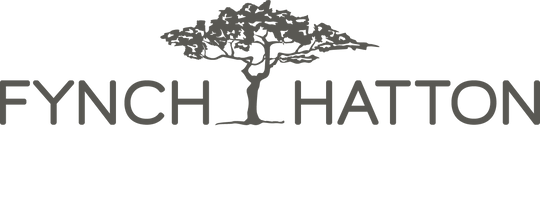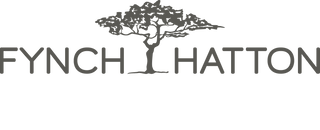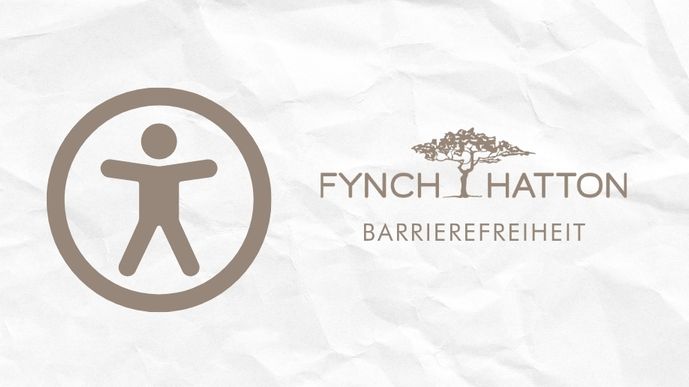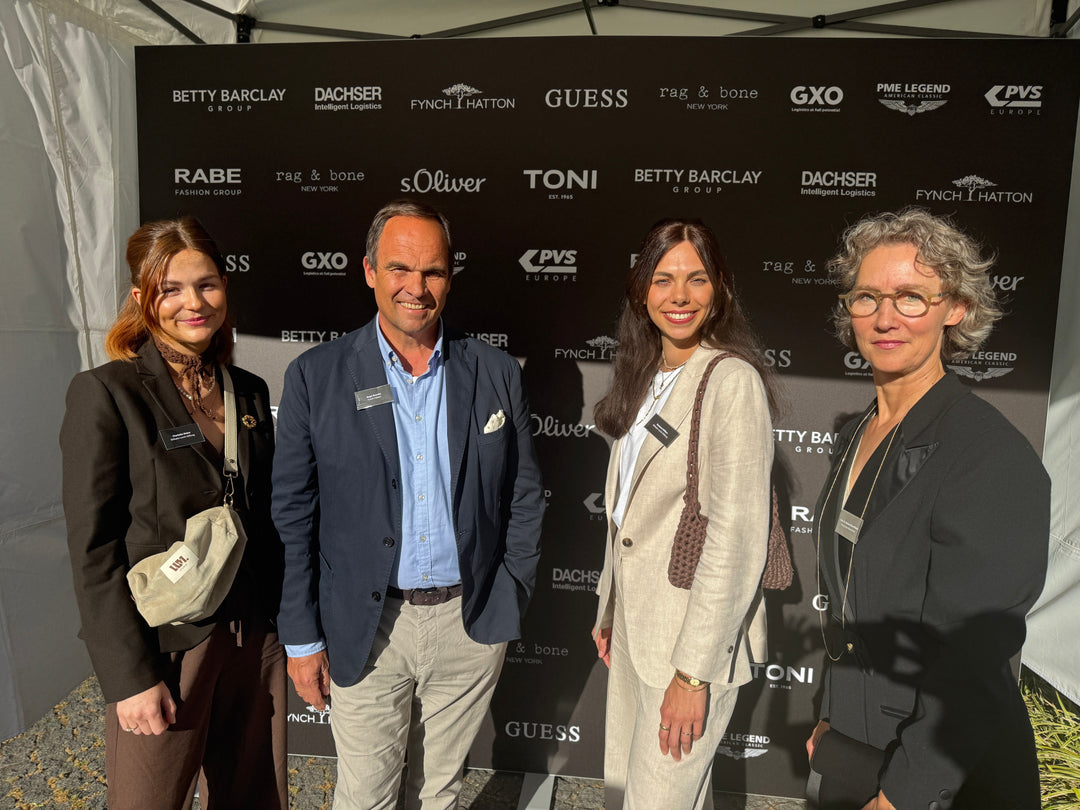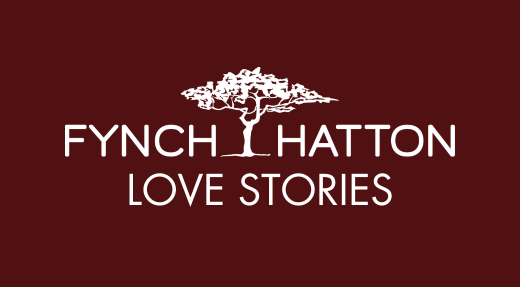Award for textile project
At the TextilWirtschaft Forum on May 15, 2025 Ramona Möllers and Charlotte Weber, graduates of the Niederrhein University, were awarded the Wilhelm Lorch Foundation sponsorship award awarded in the economics category.
The award was given to her outstanding bachelor's thesis, which was carried out in close collaboration with the Kenyan company Africa Collect Textiles and the fashion label FYNCH HATTON emerged.
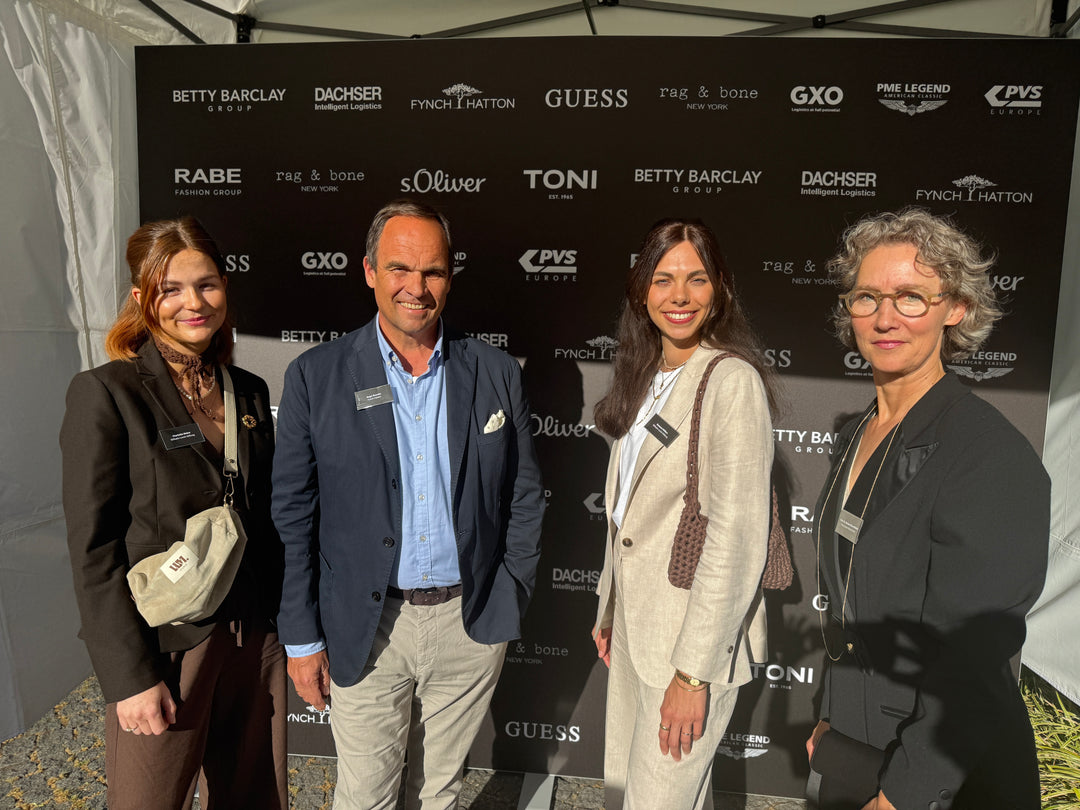
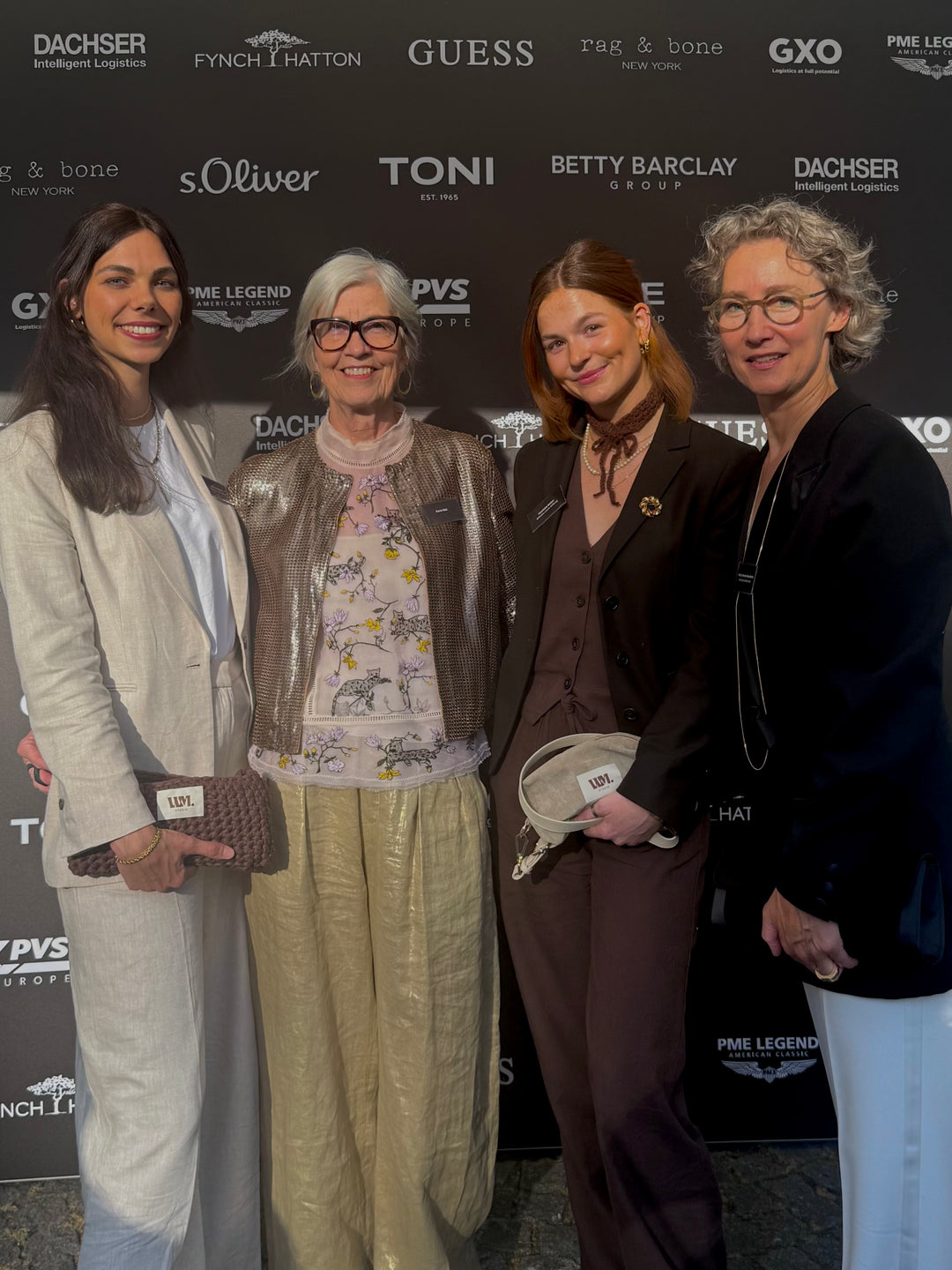
The focus of the work is the question of how education (SDG 4) and international partnerships (SDG 17) can contribute to a global, circular textile economy.
Through a practical Field research in Kenya and Germany were the ecological and social impacts of used clothing exports examined.
Together with the local community, the students developed creative ideas Reuse concepts in the sense of sustainable production and consumption (SDG 12) – including a school project in which children We wove pencil cases out of old textilesto pass on craft skills.
The project was supervised by Prof. Dr. Marina-Elena Wachs. The award ceremony was carried out by Prof. Dr. Maike Rabe (Niederrhein University), Markus Gotta (Wilhelm Lorch Foundation) and Michael Werner (TextilWirtschaft).
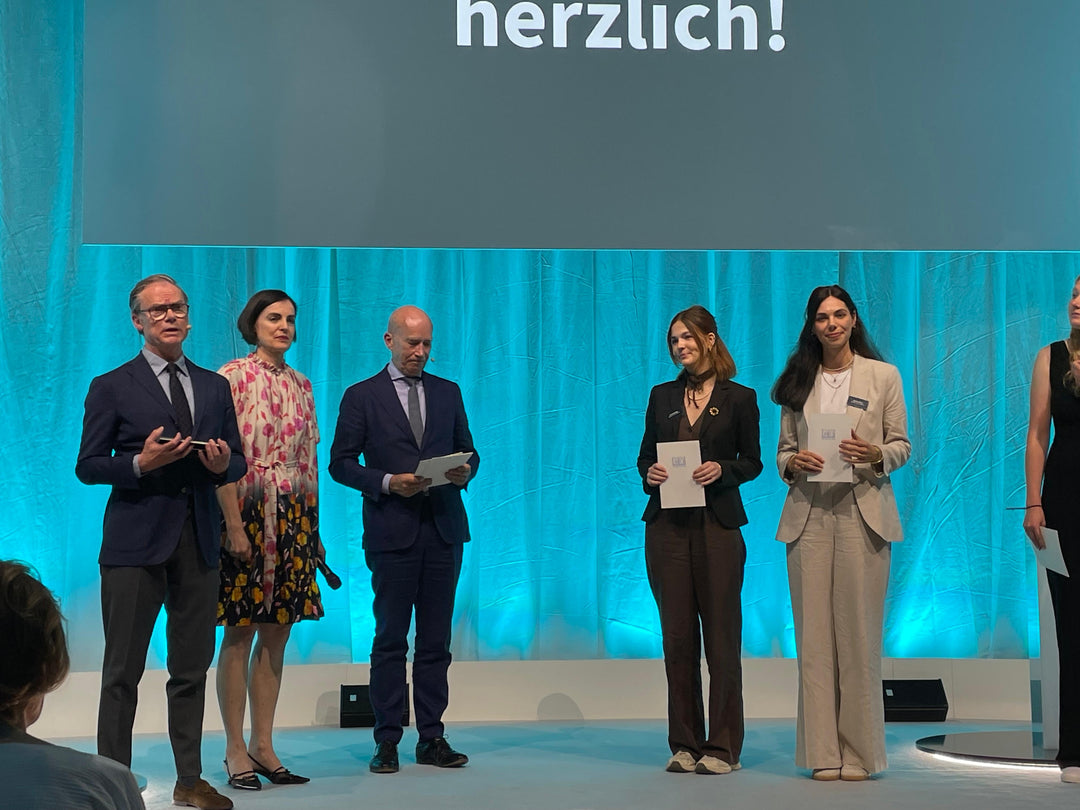
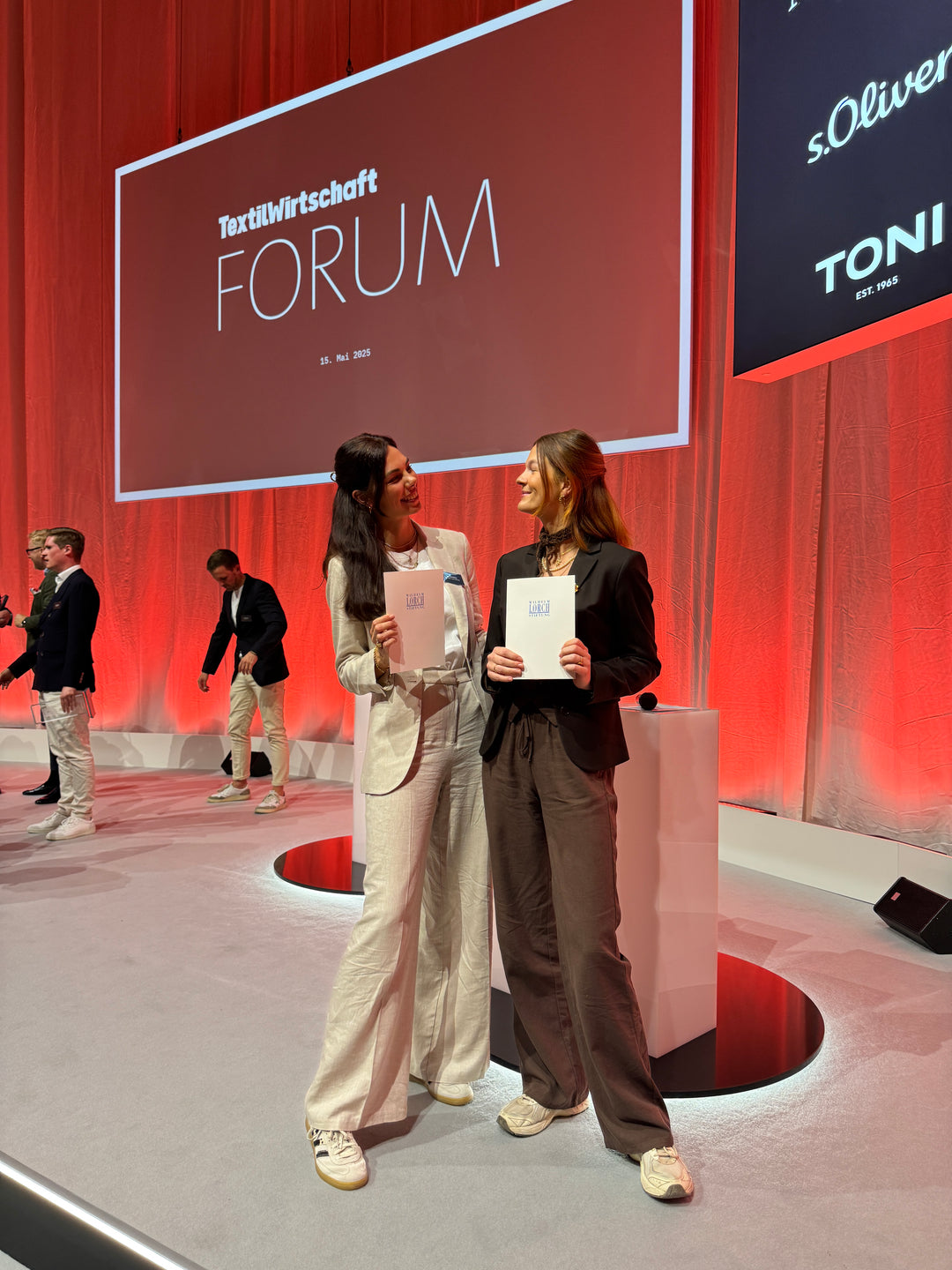
The connection to Kenya is no coincidence:
The Brand identity by FYNCH-HATTON closely linked to the African continent – inspired by the story and vision of the founder.
Roger Brandts personally acknowledged the commitment of the award winners and emphasized the Relevance of cooperation projects for a responsible, future-oriented fashion industry and one functioning circular economy.
We are proud to have been part of this pioneering project and warmly congratulate Ramona Möllers and Charlotte Weber on this well-deserved award!
More about the project and the background
FH x HS LOWER RHEIN – FYNCH-HATTON
